Against this backdrop, the sudden visibility of English in Yaoundé since 2017 is not goodwill—it is survival strategy. Confronted by a powerful restoration movement in Southern Cameroons and growing international scrutiny, the regime needed to alter optics.
By Johnson Fonwi, The Independentist Contributor
Since the declaration of the restoration of Southern Cameroons Ambazonia in 2017, something curious has unfolded in the Republic of Cameroon. A state that for decades conducted its entire machinery almost exclusively in French suddenly discovered English. Billboards that once bore slogans only in French now carry awkward translations. Officials who long dismissed English as secondary now strain to present public messages in a language they systematically suppressed since 1961.
At first glance, this might appear like progress. But to Southern Cameroonians, the change is neither sincere nor meaningful. It is propaganda—an act of desperation designed to mask bad faith, not to heal wounds or redress historical injustice.
A History of Marginalization
To understand why, history must be revisited. Southern Cameroons, administered under British trusteeship, gained independence in 1961 not as an annexed province of the Republic of Cameroon but as a distinct state. Its people voted in a UN-organized plebiscite to gain independence “by joining” a union of equal states. No treaty of union was ever signed. Instead, Yaoundé unilaterally absorbed Southern Cameroons, dismantled its institutions, and imposed French-centric administration, courts, and education.
What followed was not partnership but assimilation. A state that claimed to be bilingual functioned overwhelmingly in French. English-speaking communities were marginalized in their own homeland, their voices drowned in a system that gave lip service to bilingualism but practiced exclusion. For decades, grievances were met with indifference, repression, or token gestures.
Why the Sudden English Billboards?
Against this backdrop, the sudden visibility of English in Yaoundé since 2017 is not goodwill—it is survival strategy. Confronted by a powerful restoration movement in Southern Cameroons and growing international scrutiny, the regime needed to alter optics. By plastering awkward slogans in English across billboards and staging officials to mouth unfamiliar phrases, it seeks to project inclusivity, claim that bilingualism is alive, and blunt accusations of systemic assimilation.
But propaganda cannot erase history. It cannot undo decades of marginalization, nor can it obscure the truth that the real issue is not about language, but about a people’s right to self-determination.
Bad Faith in Plain Sight
The new wave of English billboards reveals more than propaganda—it exposes bad faith. If Yaoundé were genuinely committed to addressing grievances, it would not stop at slogans. It would:
Recognize that Southern Cameroons was never lawfully annexed and retains the right to self-determination under international law.
Restore the autonomy Southern Cameroons possessed before 1961 instead of erasing it through centralization.
Engage in genuine dialogue on equal footing with Southern Cameroonian representatives, rather than staging conversations where “special status” is offered as consolation.
Instead, the government relies on symbols over substance, believing that words in English can replace recognition of rights. This not only insults Southern Cameroonians’ intelligence but also deepens mistrust.
International Optics vs. Local Reality
The propaganda is not aimed solely at Southern Cameroonians. It is staged for the eyes of international observers—the UN, the Commonwealth, and human rights organizations that have repeatedly flagged the marginalization of English speakers as a driver of the conflict. By increasing the visibility of English in public spaces, Yaoundé attempts to craft a façade of compliance: “Look, we are bilingual, we are inclusive.”
Yet on the ground, the reality is unchanged. Villages are burned, civilians displaced, and political prisoners languish in detention. Courts still function largely in French. Civil servants from Francophone regions are still deployed into English-speaking communities with little understanding of local culture. The billboard façade does not alter the structure of domination.
The Irony of Language
Perhaps the sharpest irony lies here: by scrambling now to speak English, the Republic of Cameroon confirms the very truth it has long denied—that Southern Cameroons is distinct, English-speaking, and unwilling to be assimilated. The more awkward the slogans appear, the more visible the rift becomes. What was once suppressed is now highlighted, not by Ambazonians, but by Yaoundé’s own propaganda machine.
A government that spent decades erasing English suddenly discovers it only when its legitimacy is questioned. Such selective bilingualism is not reform—it is confession.
The Way Forward
The crisis in Southern Cameroons cannot be resolved with billboards or slogans. It requires recognition of historical truth and political reality. The people of Southern Cameroons are not fighting for English translations; they are fighting for dignity, sovereignty, and freedom. They seek to reclaim the autonomy and independence denied through unilateral absorption in 1961.
No propaganda campaign, however sophisticated, can conceal this reality. International actors should not be distracted by symbolic gestures. They must demand substance: recognition of Southern Cameroons’ distinct status, respect for its right to self-determination, and accountability for decades of violations.
Until then, the English billboards scattered across Cameroon stand not as monuments to progress but as emblems of hypocrisy—signs of a government painting over cracks in its foundation while the fractures beneath only widen.
Conclusion
The Southern Cameroons struggle has never been about language—it is about sovereignty. Propaganda in English cannot substitute for justice, nor can it conceal bad faith. The world must look past slogans and demand accountability. Only by addressing the autonomy and independence of Southern Cameroons can lasting peace be achieved.
Johnson Fonwi













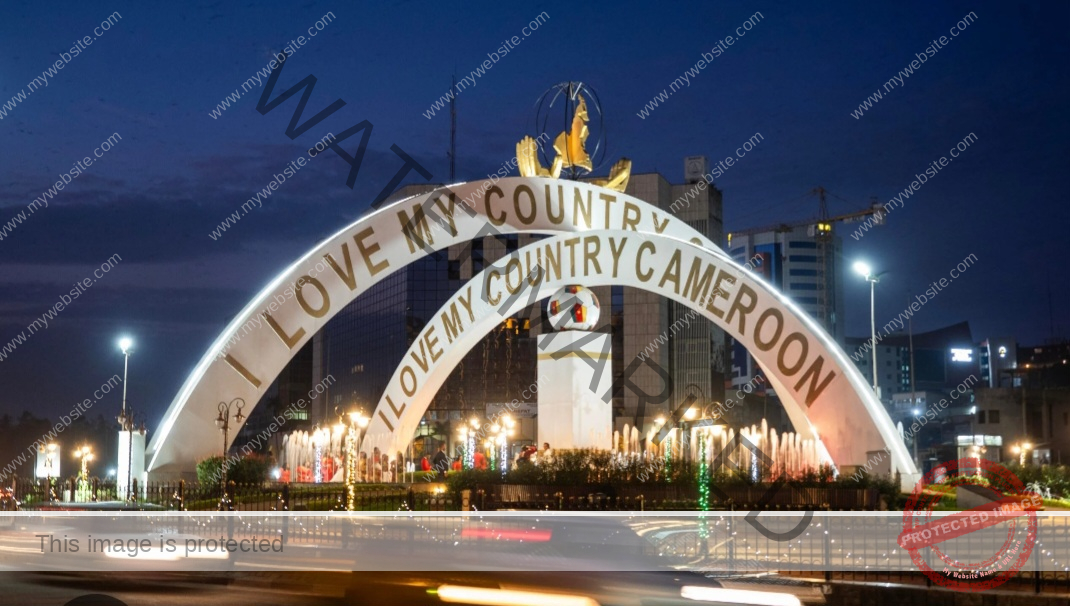
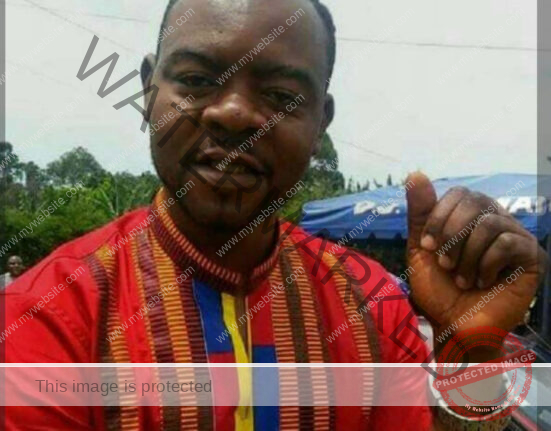
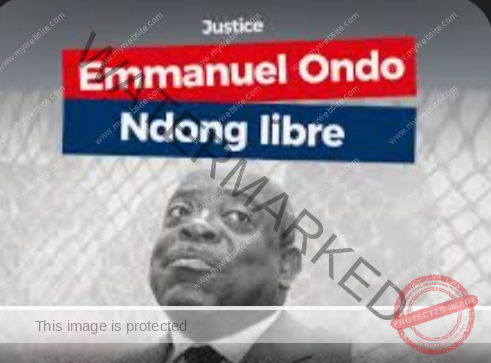
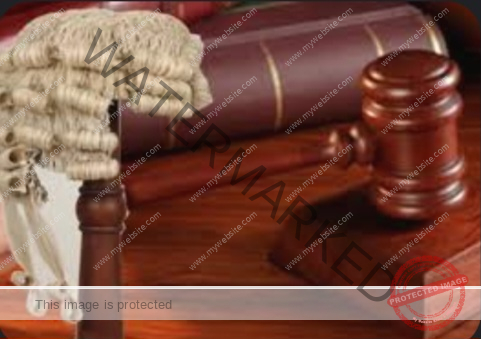
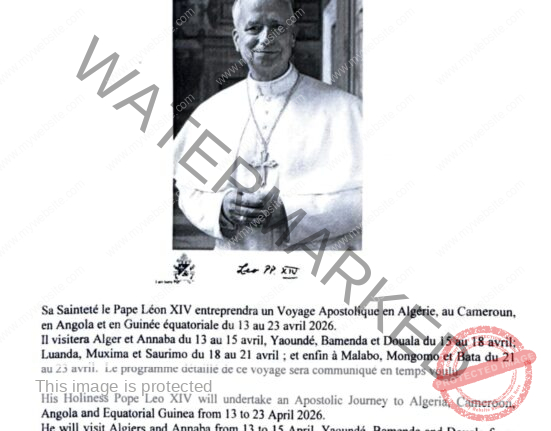
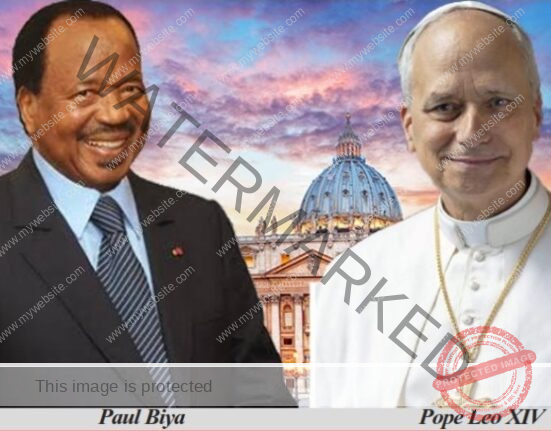


Leave feedback about this